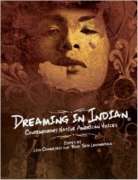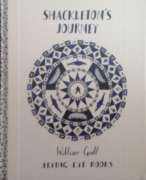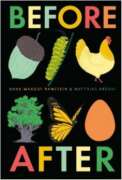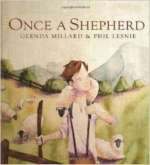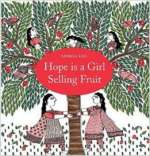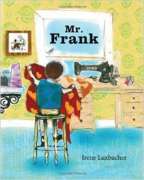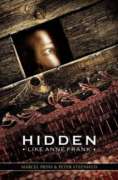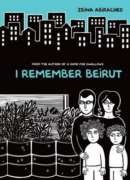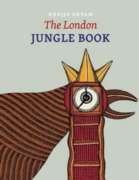
The book is a visual travelogue that both mimics and subverts the typical colonial encounter. With radical innocence and great sophistication, Bhajju brings the signs of the Gond forest to bear on the city, turning London into an exotic jungle, a clever beastiary. The London Underground becomes a sinuous snake, Big Ben transforms into a rooster crowing the time, and an airplane — the first Bhajju ever encountered — is compared to an elephant miraculously flying through the air. It is rare to encounter a truly original vision that is capable of startling us into reexamining familiar sights. By breathing the ancient spirit of wonder back into the act of travel, The London Jungle Book does just that.
See the review at WOW Review, Volume VII, Issue 4
